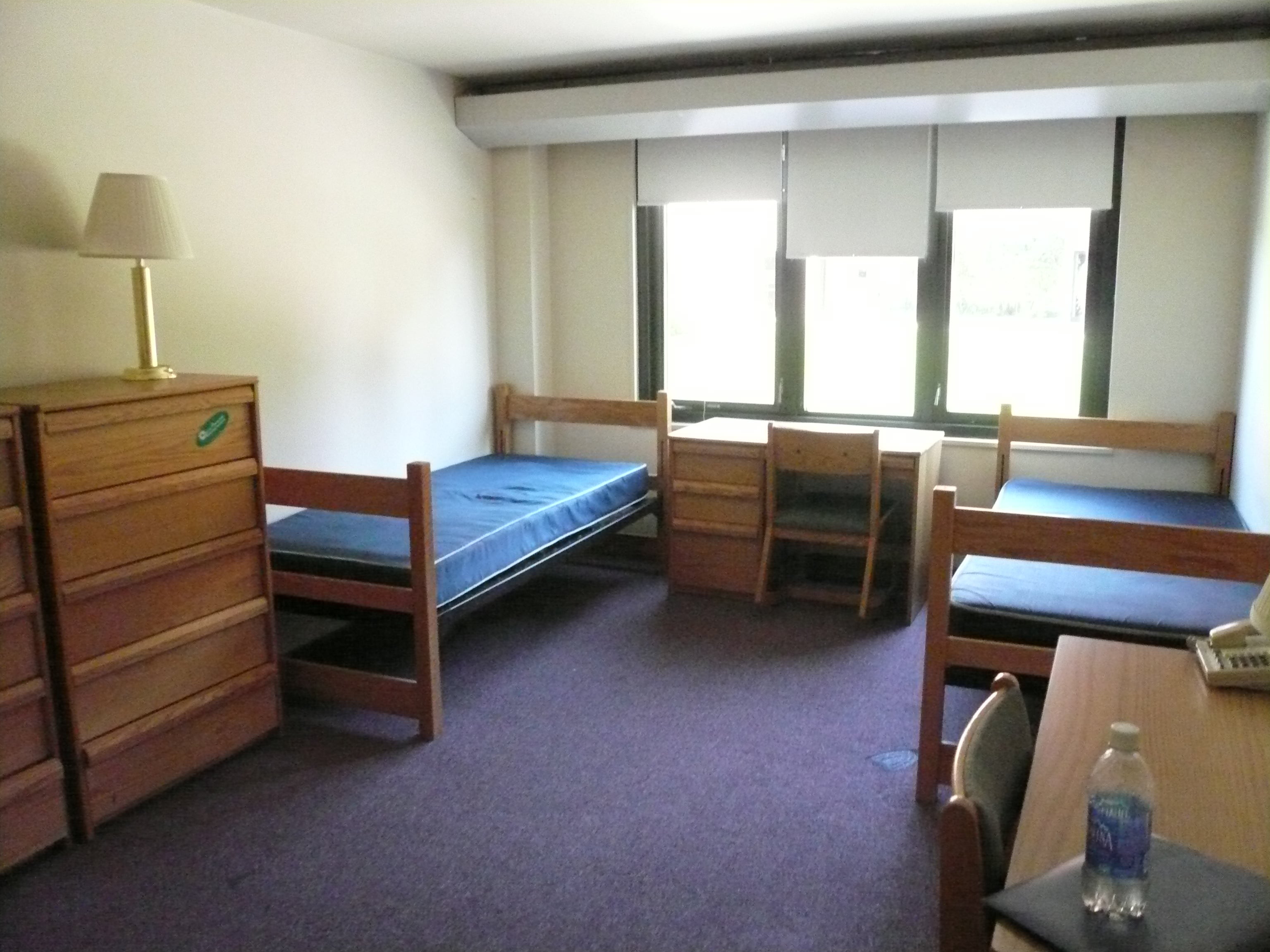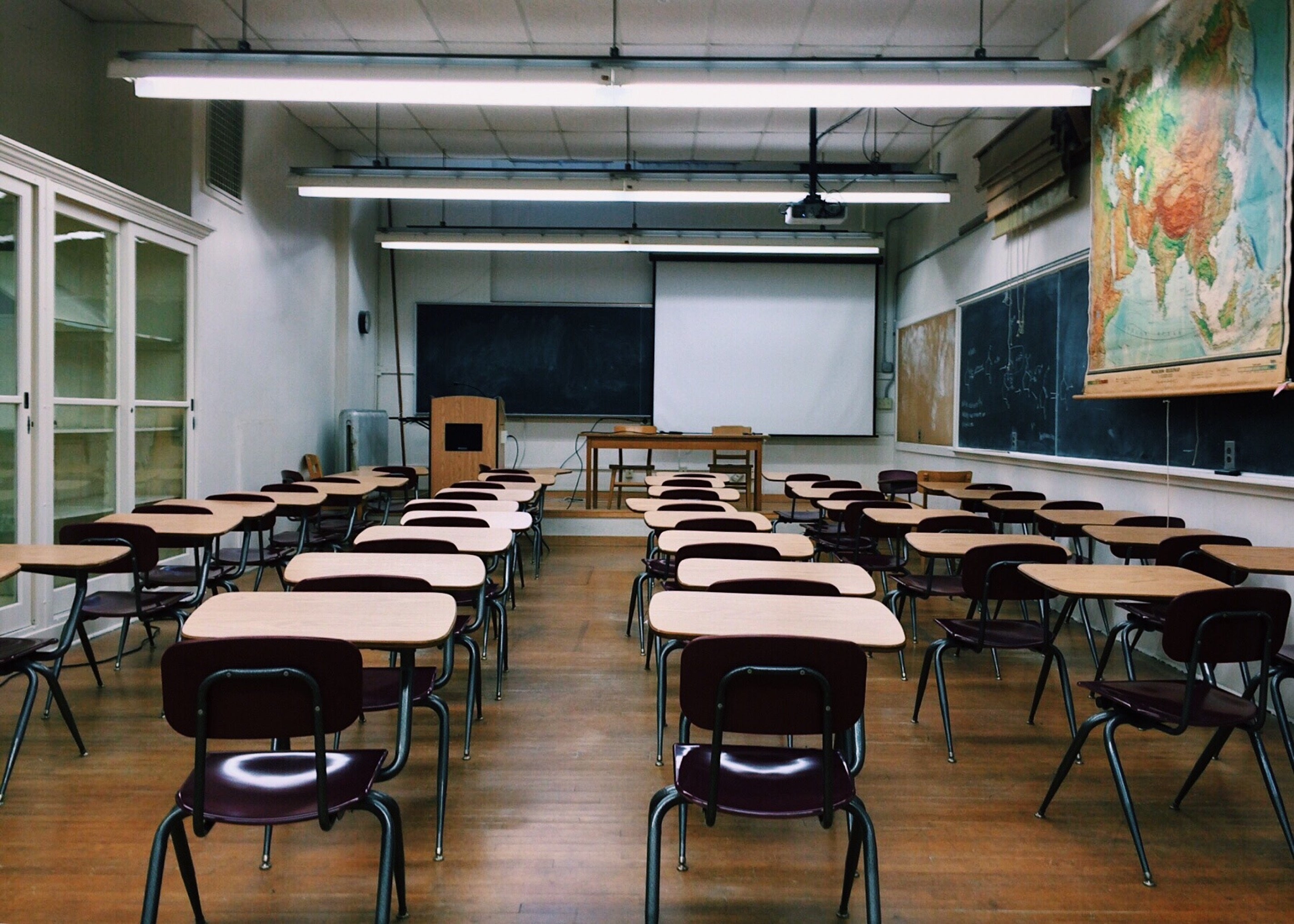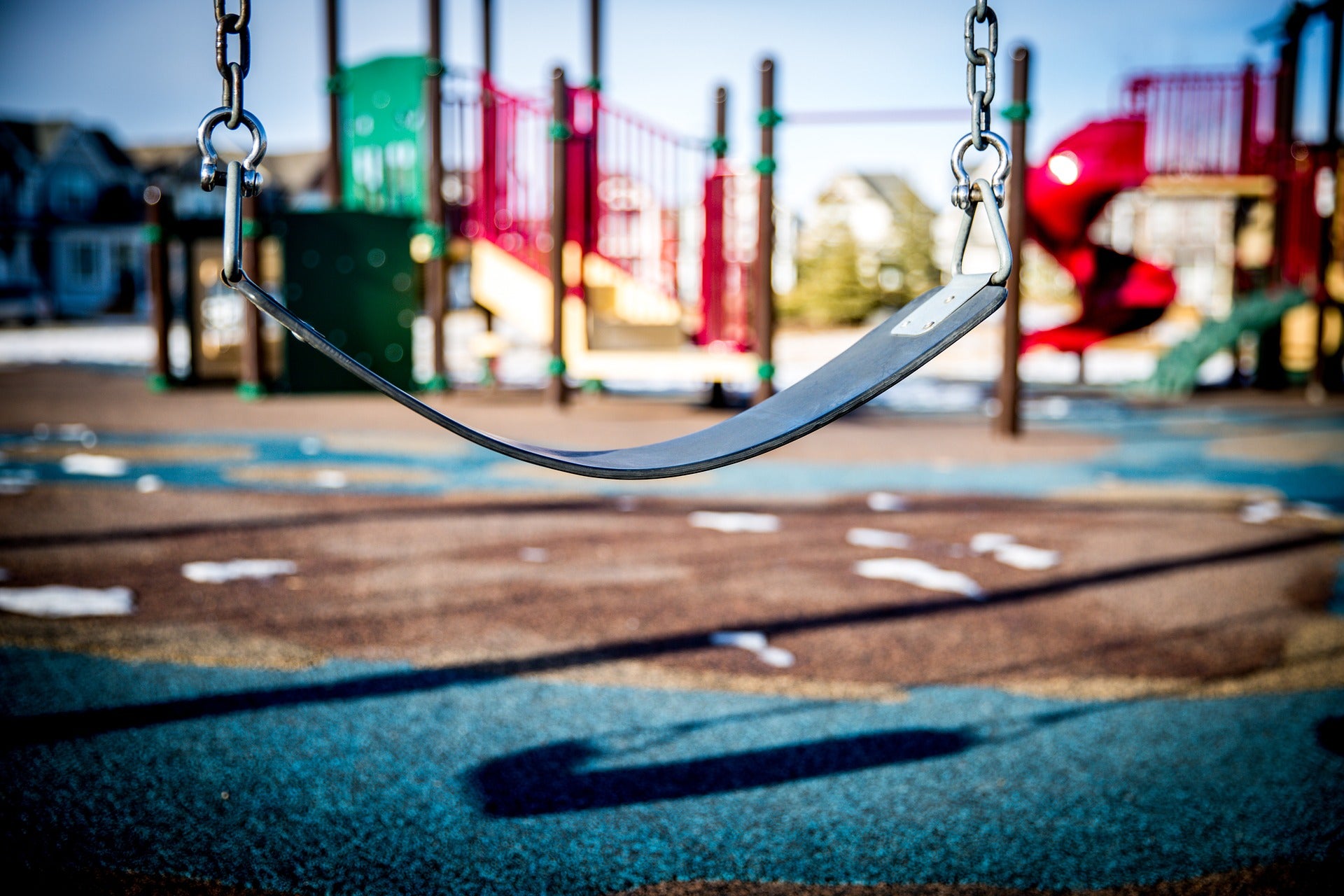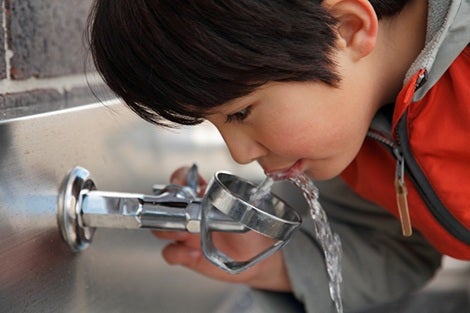Photo by: Pixabay user akshayapatra
School buildings and dormitories can have an impact on both students’ health and their ability to learn.
Why it Matters: Many of the nation’s public schools are housed in buildings that are in need of renovation, and may lack air conditioning. A large number of those buildings are located near highways or other areas with poor air quality, or in urban areas with little green space. The combined effects of the indoor and outdoor environments that students experience can hinder learning.
Air Quality: Poor ventilation can affect student health, thinking, and performance. Reduced ventilation rates are associated with asthma symptoms, absenteeism from respiratory infections, fatigue, impaired attention span, and poorer performance on math and reading tests.
Noisy Environments: Children are still developing their comprehension, speech, memory and other cognitive processes. Excess noise can harm that development, which has a deeper impact on young students than on adults.
Daylight: Access to natural daylight through windows, increased time spent outdoors, and higher illuminance levels in the classroom are associated with improved sleep quality and reduced symptoms of headache, depression, nearsightedness, and eyestrain.
Green Space: A study of 1,772 public schools in Massachusetts found that lower amounts of green space, like trees or other vegetation, was linked to higher rates of chronic absenteeism.
Air Conditioning: During heat waves, students in buildings with AC were not just faster in their responses to test questions, but also more accurate. Students without AC, had higher reaction times, and poorer working memory.
Hot Topic: Indoor temperatures seem to continue to rise even after outdoor temperatures subside, causing “indoor heat waves” to continue.
- “In regions of the world with predominantly cold climates, buildings were designed to retain heat. These buildings have a hard time shedding heat during hotter summer days created by the changing climate, giving rise to indoor heat waves,” said Joseph Allen, Director of Harvard Chan School’s Healthy Buildings Program.
Resources:
- Reduced cognitive function during a heat wave among residents of non-air-conditioned buildings: An observational study of young adults in the summer of 2016
- Extreme heat linked with reduced cognitive performance among young adults in non-air-conditioned buildings
- Does Greenspace Around Schools Impact Absenteeism?
- School Buildings and Student Success

Flame Retardant Chemicals in College Dormitories
We found high levels of toxic flame retardant cheicals in college dormitories, raising health concerns.

Does Greenspace Around Schools Impact Absenteeism?
Harvard Chan School's Healthy Buildings team analyzed data from schools across Massachusetts.

Rubber playground surfaces may contain high lead levels
Researchers tested lead levels in the soil, sand, mulch or rubber surface materials in 28 playgrounds and found the rubber surfaces often averaged two or three times the lead levels of the other materials.

Many U.S. schools aren't testing drinking water for lead
A new report finds that many schools in the U.S. are not testing their water for lead.

Heat is a 'silent killer'
In this week’s podcast we explore the health threat posed by severe heat and how our society needs to adapt in the decades ahead.

Designing for Climate Change
A new study from Harvard T.H. Chan School of Public Health found that students who lived in dormitories without air conditioning during a heat wave performed worse on a series of simple tests compared with students who lived in air-conditioned dorms.

Heat Waves Can Dull Even Young Minds, Study Says
As America sweats through another summer, new research suggests that heat waves can slow the brains of even healthy young adults.

Heat Making You Lethargic? Research Shows It Can Slow Your Brain, Too
The findings of this study add to a growing body of evidence that documents the effect of heat on mental performance, both in schools and workplaces.

Heat Waves make it hard for people to think, Scientists find
Harvard scientists reported that students in dorms who have air conditioning during heat waves do better on cognitive tests than students who live with the hot temperatures.

Heat might really be getting to your brain
We might be able to blame the heat for our bad decisions

Harvard study finds that during heat waves, people can’t think straight
Harvard researchers say that they studied students in dorms with and without air conditioning and during a heat wave. They found that the students suffering through the heat performed worse on a series of cognitive tests.

Report: Lead levels too high in many U.S. schools
January 10, 2019 – Millions of children could be getting too much lead in the water they drink at school, according to a new report from Harvard T.H. Chan School of Public Health and the Nutrition Policy Institute at the University of California. More than 40% of schools around the country appear to have higher-than-recommended…
